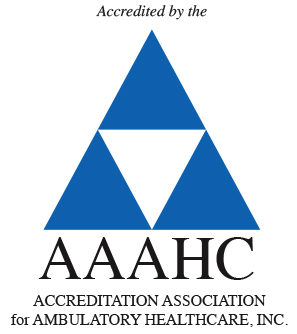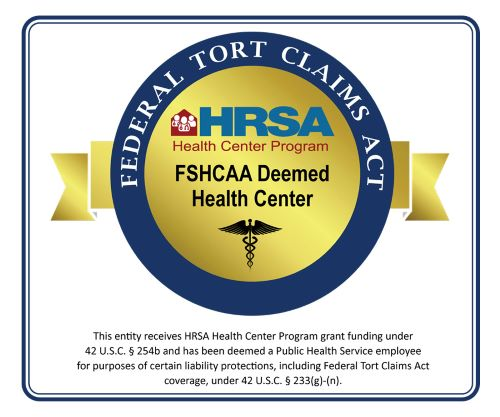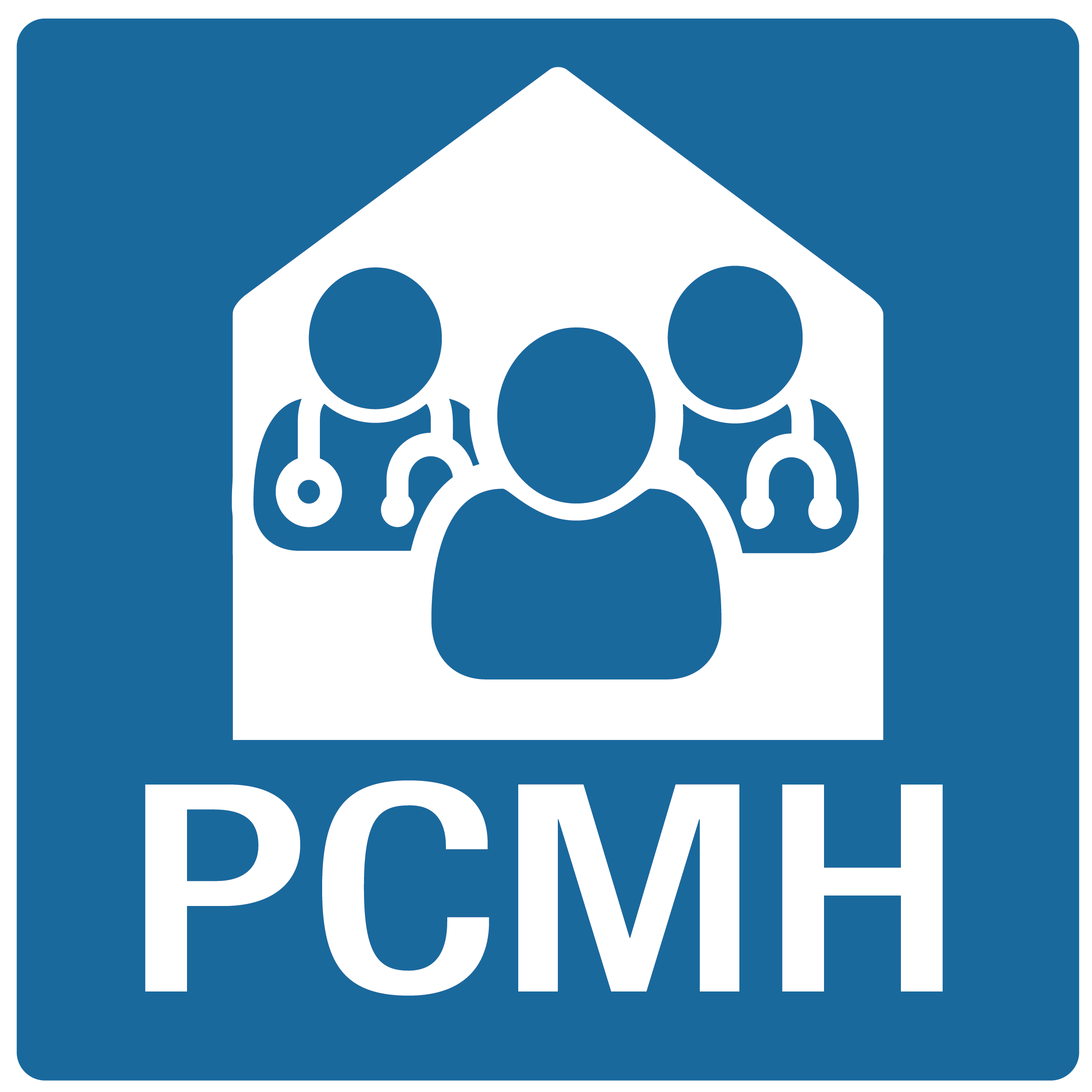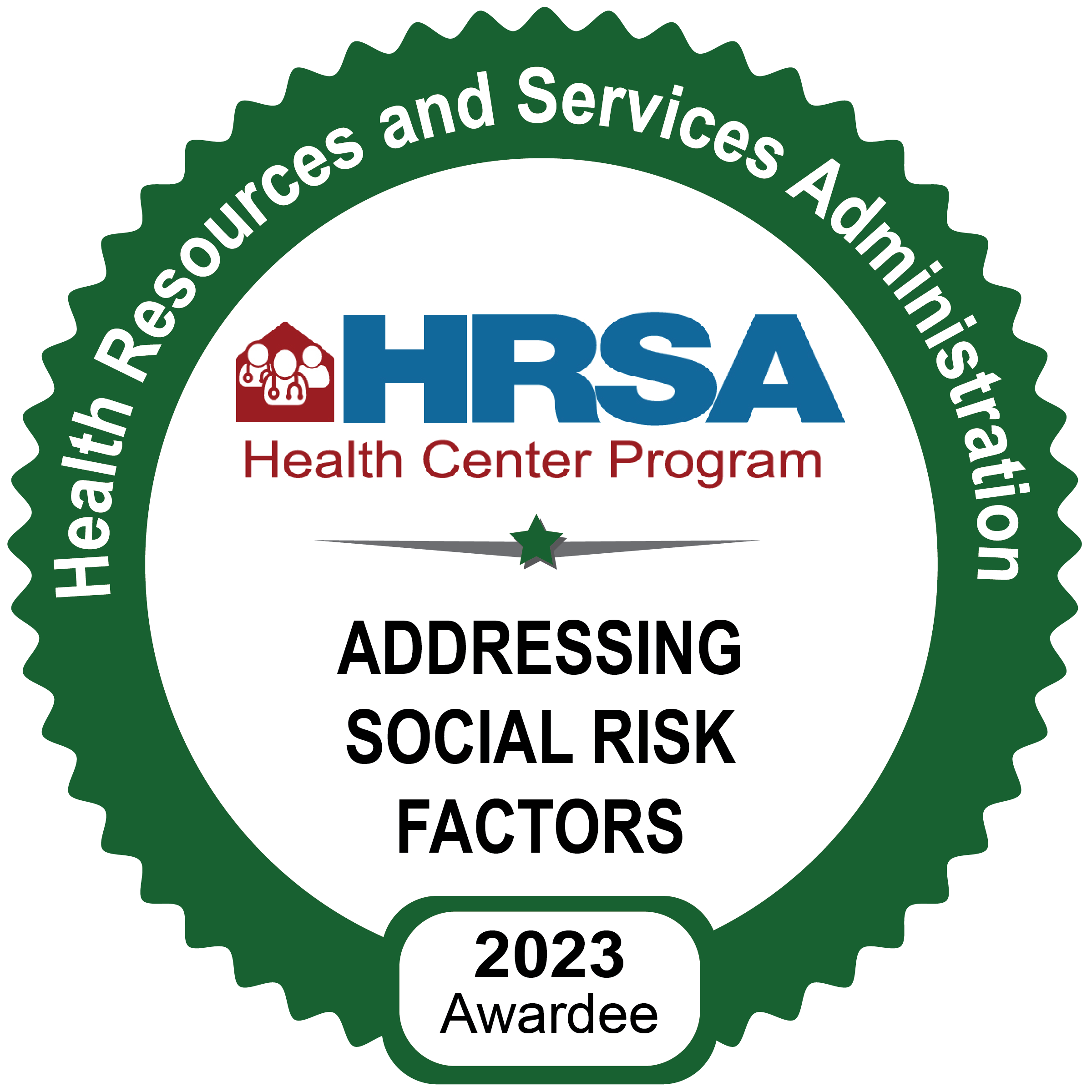To Buy Isotretinoin Online Visit Our Pharmacy ↓
 **exploring Alternatives: When Isotretinoin Isn’t an Option**
**exploring Alternatives: When Isotretinoin Isn’t an Option**
Understanding Why Isotretinoin May Not Suit You
When navigating the pharmacy world, Isotretinoin might not always be your go-to elixir. For those who can't pop this particular tablet due to severe side effects or underlying health conditions, understanding these limitations is crucial. Factors like pregnancy, certain health disorders, or interactions with other meds can turn this into an Insurance Reject. But fear not—other options abound. Many face a red flag when Isotretinoin isn't on the table, but a plethora of viable alternatives awaits exploration.
| Alternative | Consideration |
|---|---|
| Prescription Topicals | Fewer systemic side effects |
| Hormonal Therapies | Addresses root hormonal causes |
Over-the-counter Solutions for Mild Acne Cases

For those steering clear of isotretinoin, the aisles of your local pharmacy are a treasure trove. Among the top contenders are OTC gels containing benzoyl peroxide, which work by killing bacteria and reducing inflammation. Salicylic acid is another popular choice, known for unclogging pores and promoting skin turnover; it's kind of like your skin's personal "OTC elixir," keeping things vibrant and clear.
Another gem is tea tree oil, which boasts antiseptic and anti-inflammatory properties. Combined with a gentle cleanser, it helps remove excess oil from the skin, paving the way for clearer complexions—without the need for any scripts or comp cocktails that might surprise you.
Incorporating witch hazel as a daily toner is also advisable. It serves as an astringent, tightening pores and soothing angry skin. Remember to read the sig carefully on these OTC labels, ensuring you follow usage directions to avoid hangovers from excessive application. While alternatives abound, sticking to these straightforward remedies could do wonders for a mild acne defense strategy.
Prescription Topicals: a Closer Look at Alternatives
When isotretinoin isn't an option, prescription topicals offer a compelling alternative to tackle stubborn acne. Among the array of Rx topicals available, retinoids are a well-known option, promoting cell turnover and keeping skin clear. Meanwhile, antibiotics, like Clindamycin, act as a potent defense against acne-causing bacteria. For those seeking a 'comp' solution, combining these treatments can enhance their effectiveness. While these topicals might not provide the 'stat' results some desire, they're a reliable step for those navigating the acne battlefield without isotretinoin.
Embracing Natural Remedies to Combat Acne

Navigating the vast world of natural acne remedies can feel akin to a journey through Pharm Land. Unlike the meticulously compounded isotretinoin, these remedies offer a gentler, holistic approach. Tea tree oil, for example, acts like nature's own elixir, providing antimicrobial properties without needing a script. With choices like honey masks, aloe vera, and green tea, you have a veritable cocktail of natural options to explore. Each promises to enhance your skin's clarity without the potential harsh side effects common with hard copy prescriptions.
Hormonal Therapies: Addressing Underlying Causes
When exploring options beyond isotretinoin, hormonal therapies emerge as a promising alternative to tackle the root causes of acne. These treatments focus on balancing hormonal levels often responsible for triggering breakouts, particularly in adult women. Options may include birth control pills or anti-androgen medications, which reduce the effect of hormones like testosterone that can lead to excess oil production. The promise of hormonal therapy lies in its ability to address not just the symptoms, but the underlying factors that contribute to acne, offering a tailored approach to treatment.
Ultimately, finding the right hormonal therapy requires more than a quick fix or a trip to the Drive-Thru. It's essential to have a thorough Sig from a healthcare provider, who can consider individual health contexts and possible interactions with other meds. By allowing time for quality time in consultation, patients can ensure they’re not just receiving happy pills, but a plan that leads to healthier skin. It's a personalized journey, ensuring that therapy is both safe and effective.
| Option | Description |
|---|---|
| Birth Control Pills | Regulate hormones to reduce acne symptoms |
| Anti-androgens | Block the impact of androgens to decrease oil production |
Lifestyle Tweaks: Dietary Changes for Clearer Skin
Delving into the world of dietary changes isn't just about avoiding greasy foods; it's about embracing a lifestyle that supports clearer skin. Start by incorporating more omega-3 fatty acids, which you can find in walnuts or flaxseeds, into your daily meals. Omega-3s are known for their anti-inflammatory properties, which can help reduce acne severity. For those who love their morning coffee, try to cut back as caffeine can trigger hormone fluctuations. Instead, opt for an antioxidant-rich elixir like green tea.
Checking-in with what you're consuming is key—stay hydrated and perhaps reduce dairy if you're experiencing regular breakouts. It's like conducting a Meds Check on your diet. Foods with a high glycemic index can ramp up blood sugar levels and potentially exacerbate acne, so monitoring your carbs might be the right script for clearer skin.
Lastly, consider adding probiotics to your regimen—foods like yogurt or kefir can help balance gut health, improving your skin's overall appearance. Sometimes, it’s not about the OTC you're reaching for, but the natural support system your meal provides. Adjusting your daily menu might just be the stat change needed for that sought-after glow.





